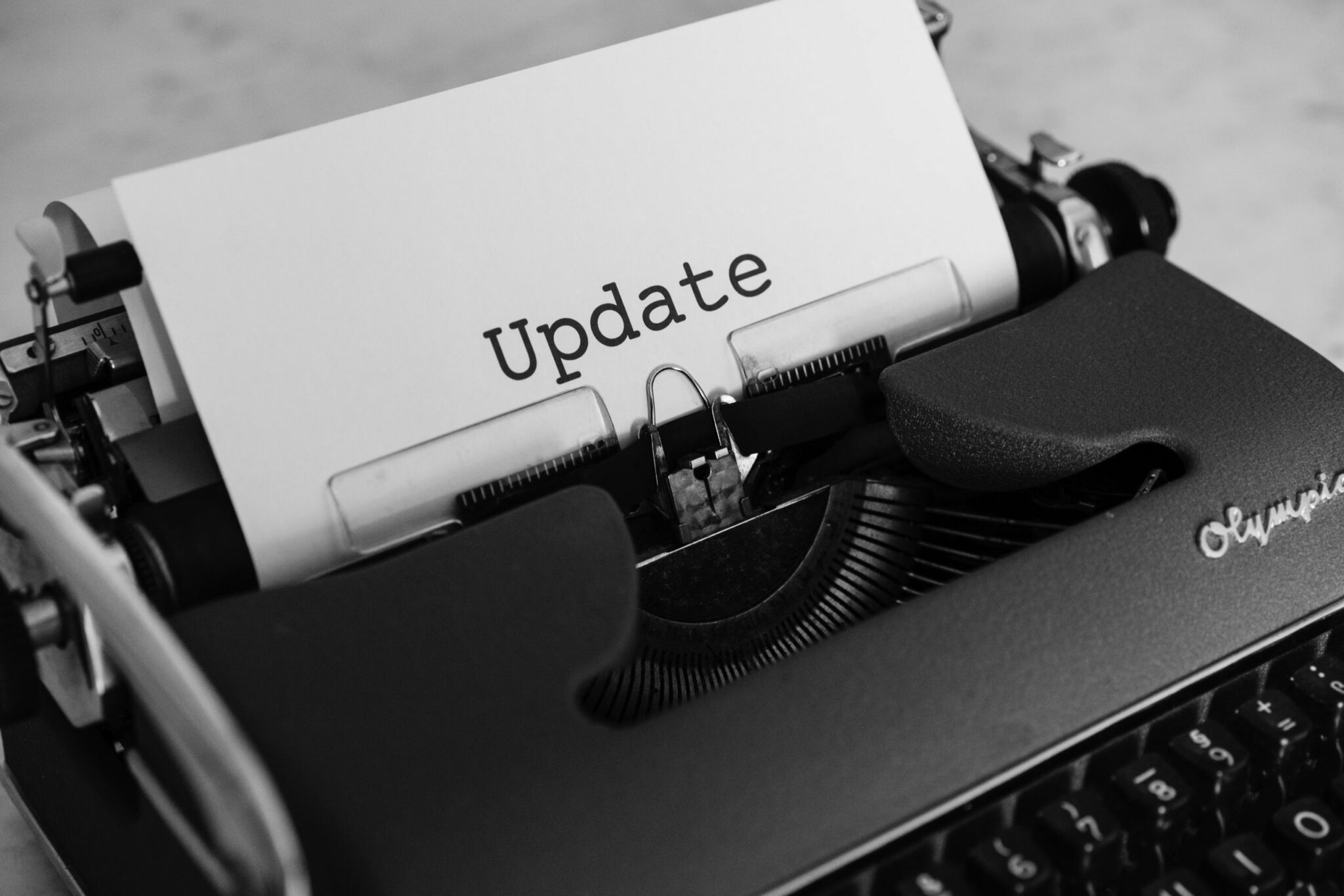While the bulk of the Australian Curriculum Review is now complete and live on a dedicated website, further review work is still underway on the curriculum relating to 12 languages taught in schools.
Public consultation on the next group of five languages under review – German, Indonesian, Korean, Modern Greek and Spanish – is now open and feedback will continue to be accepted until 9 August 2022.
The independent statutory authority overseeing the review, the Australian Curriculum, Assessment and Reporting Authority (ACARA), said public feedback on the proposed revisions to the five languages “will help ensure (the language curriculum) continues to remain world-class and meets the needs of students”.
How to provide feedback
“We want to hear from you,” ACARA says on their website.
“All feedback will be considered in finalising revisions, which will be provided to education ministers for their consideration and endorsement.”
The proposed curriculum revisions are presented in Word documents and feedback on them is recorded via a survey.

A guide on how to provide feedback
Download a copy of the survey questions and find out more via this languages page on the Australian Curriculum website.
Further information on the survey, including how to save and return to it, are included in a special survey information sheet.
What languages have already been reviewed?
The first four languages – French, Japanese, Chinese and Italian – were reviewed and endorsed as part of the first phase of the Australian Curriculum Review in April 2022.
The remaining 12 languages of the Australian Curriculum are following in stages and are to be finalised by the end of 2023.
The current languages subjects under review (German, Indonesian, Korean, Modern Greek and Spanish) are to be completed by the end of 2022.
A recap on the Australian Curriculum Review
The new Australian Curriculum – dubbed Version 9.0 – was endorsed by Education Ministers on April 1, 2022 and published on a dedicated website on May 9.
While the website is primarily a resource for teachers, it includes a parent section which features frequently asked questions and a summary of the curriculum by subjects and year levels.
ACARA says the new document sets “high expectations and standards for what all students should know about and be able to do”.
ACARA also described it as a “more stripped back and teachable curriculum”.
It is also said to be one of the few digitalised curriculums in the world which would give teachers control over the way they view the curriculum and “make their work easier”.
“Teachers will be able to quickly and intuitively find relevant information, and lessons can be more easily planned,” ACARA CEO David de Carvalho said in a statement on May 9.
“The website has been designed so teachers can clearly see and explore the connections between the three dimensions of the curriculum – the learning areas, general capabilities and cross-curriculum priorities,” ACARA’s Director of Curriculum Sharon Foster added.
Read more about the history of the review and how it strengthened the teaching of consent and respectful relationships in our previous story.
What happens now?
The implementation of the new curriculum will depend on the “timelines and approaches” set by each state and territory education authority,” according to the statement by ACARA.
“Some jurisdictions may start supporting their teachers to become familiar with Version 9.0 in 2022 in preparation for starting to teach some or all learning areas from 2023.”
ACARA has committed to maintaining the existing Australian Curriculum website featuring the previous Version 8.4.
Both websites will remain live until all state and territories have transitioned fully to Version 9.0.




